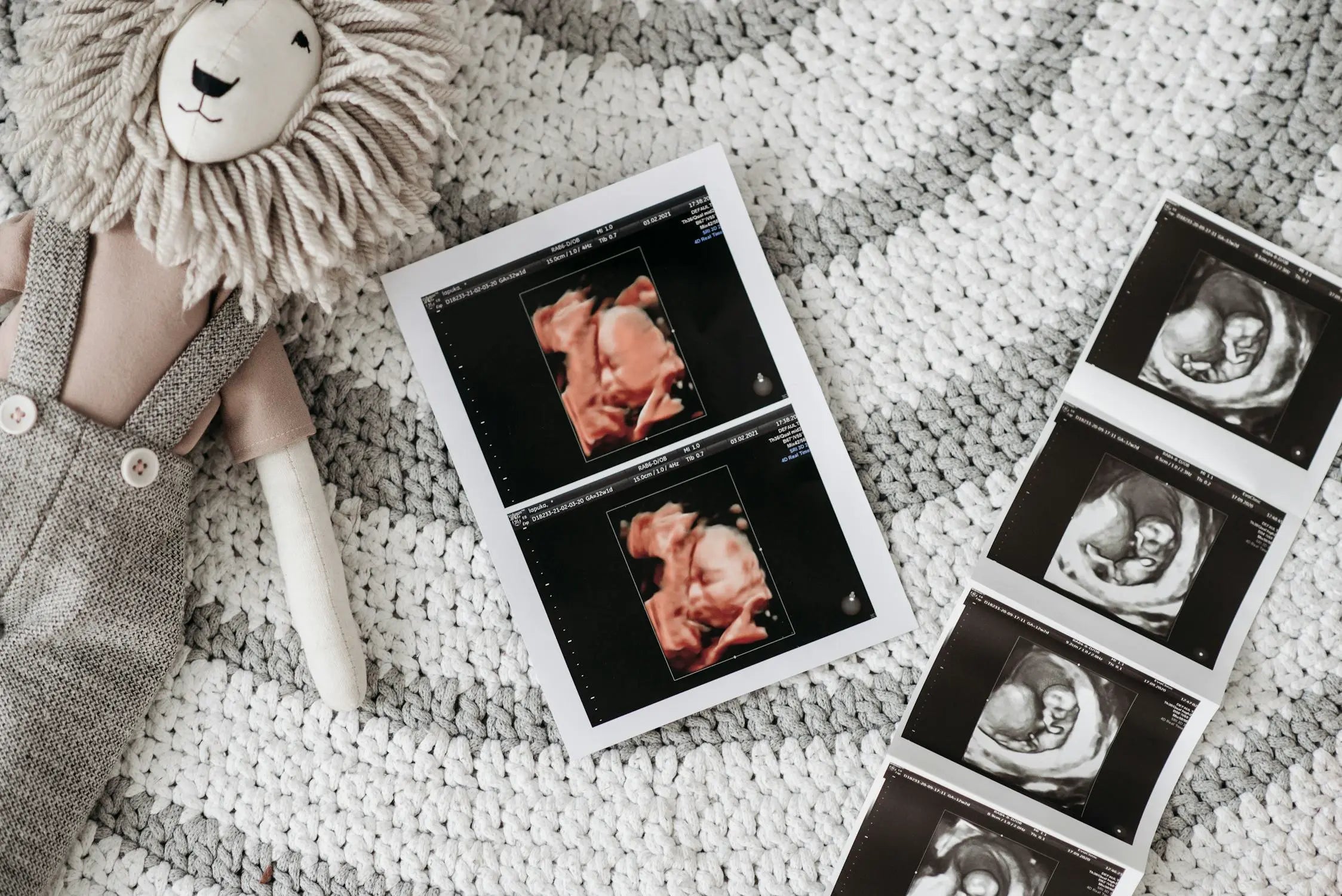Accueil
Pregnancy, Breastfeeding, and Pumping: The Ultimate Guide for Moms
How Long Does Pregnancy Test Take to Show: A Comprehensive Guide

How Long Does Pregnancy Test Take to Show: A Comprehensive Guide
When it comes to determining whether you're expecting, timing is everything. The question 'How long does a pregnancy test take to show results?' is one that many women ask, especially when they're eagerly awaiting news. Understanding the process, the factors that influence accuracy, and the best practices for taking a test can help you get the most reliable results. Let's dive into everything you need to know about pregnancy tests and how long they take to show results.
Understanding Pregnancy Tests
Pregnancy tests work by detecting the presence of human chorionic gonadotropin (hCG), a hormone produced during pregnancy. This hormone is released when a fertilized egg attaches to the uterine lining, and its levels increase rapidly in the early stages of pregnancy. There are two main types of pregnancy tests: urine tests and blood tests. Urine tests are the most common and can be done at home, while blood tests are typically performed in a medical setting.
How Long Does a Pregnancy Test Take to Show Results?
The time it takes for a pregnancy test to show results can vary depending on the type of test and the method used. Most home pregnancy tests claim to provide results within a few minutes, usually between 3 to 5 minutes. However, some tests may take up to 10 minutes to display results. It's important to follow the instructions provided with the test to ensure accurate results. Reading the results too early or too late can lead to misinterpretation.
Factors Influencing Test Results
Several factors can influence how long it takes for a pregnancy test to show results and the accuracy of those results. These include:
- Timing of the Test: Taking a test too early in the pregnancy can result in a false negative, as hCG levels may not yet be high enough to detect. It's generally recommended to wait until after you've missed your period to take a test.
- Test Sensitivity: Different tests have varying levels of sensitivity to hCG. Some tests can detect lower levels of the hormone earlier in pregnancy, while others require higher levels to produce a positive result.
- Urine Concentration: The concentration of hCG in your urine can affect the test results. Using first-morning urine, which is more concentrated, can increase the likelihood of detecting hCG.
- User Error: Not following the test instructions correctly, such as using too much or too little urine, can lead to inaccurate results.
Best Practices for Taking a Pregnancy Test
To ensure the most accurate results, follow these best practices when taking a pregnancy test:
- Read the Instructions: Each test may have specific instructions, so it's important to read and follow them carefully.
- Use First-Morning Urine: As mentioned earlier, first-morning urine is more concentrated and can provide more accurate results.
- Check the Expiration Date: Using an expired test can lead to inaccurate results, so always check the expiration date before use.
- Wait for the Recommended Time: Avoid reading the results too early or too late. Follow the recommended time frame provided in the instructions.
- Confirm with a Second Test: If you receive a positive result, consider taking a second test to confirm. If you receive a negative result but still suspect you may be pregnant, wait a few days and test again.
What to Do After Taking a Pregnancy Test
Once you've taken a pregnancy test and received your results, it's important to know what steps to take next. If the test is positive, schedule an appointment with your healthcare provider to confirm the pregnancy and begin prenatal care. If the test is negative but you still suspect you may be pregnant, consider waiting a few days and testing again, or consult with your healthcare provider for further evaluation.
Common Questions About Pregnancy Tests
Here are some common questions and answers related to pregnancy tests:
- Can a pregnancy test show a false positive? While rare, false positives can occur due to certain medications, medical conditions, or improper test usage.
- Can a pregnancy test show a false negative? Yes, false negatives are more common, especially if the test is taken too early or if the urine is too diluted.
- How soon can I take a pregnancy test? Some tests claim to detect pregnancy as early as 6 days before a missed period, but waiting until after you've missed your period can provide more accurate results.
- Can I reuse a pregnancy test? No, pregnancy tests are designed for single use only and should not be reused.
Understanding how long a pregnancy test takes to show results and the factors that can influence accuracy is crucial for anyone trying to conceive or confirm a pregnancy. By following best practices and knowing what to do after taking a test, you can ensure the most reliable results and take the necessary steps for your health and well-being. Whether you're hoping for a positive result or bracing for a negative one, being informed and prepared can make the process less stressful and more manageable.
Partager
